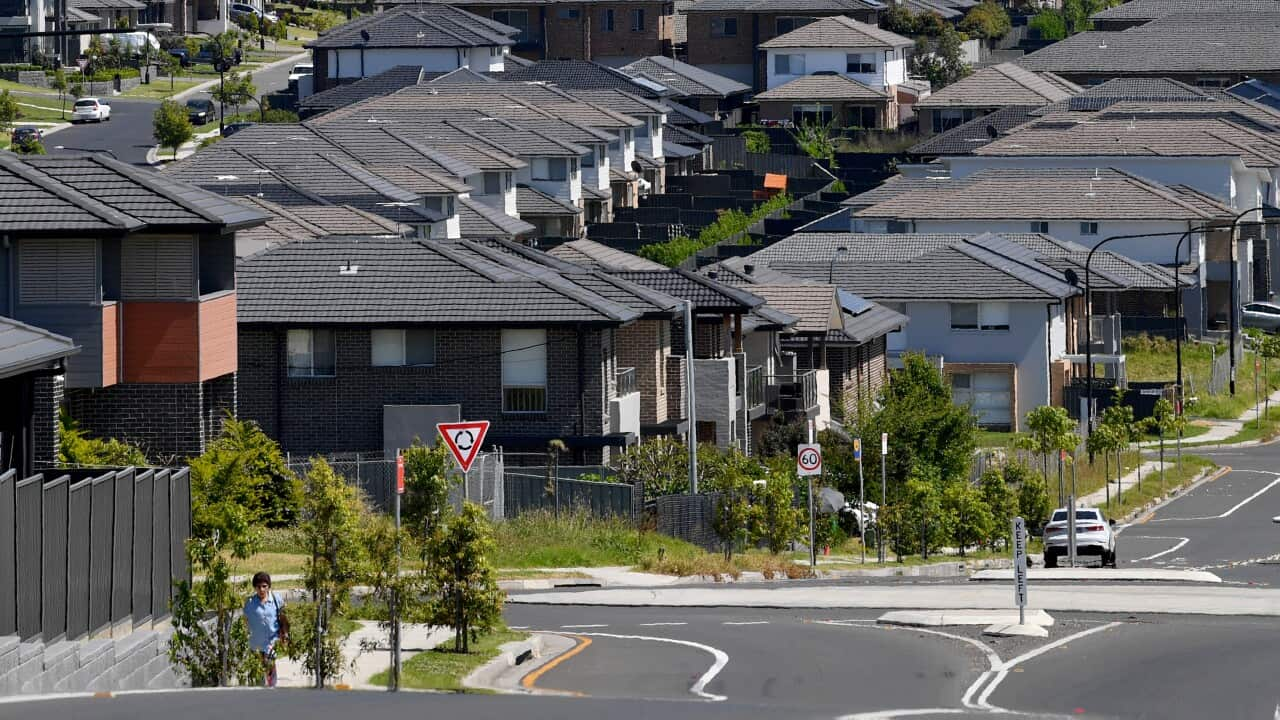Key Points
- New modelling shows the government could generate $60 billion in revenue by limiting negative gearing.
- Senators Jacqui Lambie and David Pocock urged the government to show "courage" and reform property taxes.
- The five options put forward by the Parliamentary Budget Office apply "grandfathering" to existing properties.
Two crossbench senators are challenging the Albanese government to limit negative gearing concessions, in a bid to address the nation's housing affordability crisis.
Senators Jacqui Lambie and David Pocock said new modelling shows reforming the property tax concessions could save up to $60 billion over a decade.
The pair commissioned the Parliamentary Budget Office (PBO) to examine five options for reform, despite Labor repeatedly ruling out changes to negative gearing and the capital gains tax discount.
What is negative gearing and the capital gains discount?
In the context of property ownership, negative gearing applies when the cost of owning a rental property is greater than the income it generates.
If you are negatively geared, you can deduct that loss against your taxable income — and therefore pay less tax.
People who dispose of an asset at a profit will need to pay capital gains tax (CGT), which is a part of your income tax.
However, Australian residents who have held an asset, such as property, for at least 12 months can get a 50 per cent discount on the CGT they will be asked to pay.
Treasury estimates rental property deductions — including capital, interest and negative gearing — would jump 58 per cent by 2023-24, from $17.1 billion to $27.1 billion.
What are the proposed changes to negative gearing?
Lambie explained any changes would apply to newly built homes or rental properties, with "grandfathering" or old rules still applying to negatively geared houses.
"If you are negative gearing a house, you can grandfather what is already there before we make any changes," she told ABC News Breakfast on Tuesday.
"You are able to have the house you're living in, plus one other dwelling you can negatively gear. That's what we've been looking at."
The PBO analysed five options, with the most substantial reform estimated to generate $60 billion in the decade to 2033-34.

The senators said the government needed to show "courage" in the face of the housing crisis. Source: AAP / Diego Fedele
A more modest approach found $16 billion could be raised in the same timeframe if the CGT discount was removed for new rental properties after 1 July and halved for newly built homes.
The pair argue that the modelling shows the government has several levers it can pull to incentivise building new homes while protecting existing investments.
Pocock said: "Going forward, you [would only get the] capital gains tax discount if you're investing in new supply".
Lambie admitted the solutions were not "a magic bullet" but would go a long way to making housing more accessible for those who need it most.
"Show some courage and start making more moves on the game board," she said.
Pocock said the report put forward "sensible" options to help turn the housing crisis around.
"Home ownership is declining. We need to make sensible changes," he said.
"I urge the major parties, they don't want to talk about tax reform in a housing crisis. But we have to."
In February, the Greens refused to support Labor's help-to-buy housing scheme.
They demanded the federal government wind back negative gearing, use the revenue raised to build more public housing and apply a rent freeze.
Ahead of the 2022 federal election, the Labor Party said it would make no changes to negative gearing policy.



